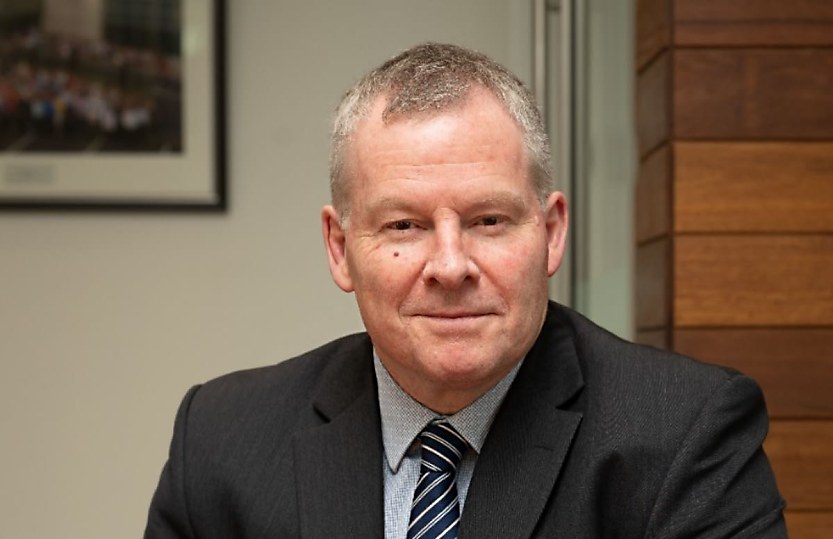Digitisation offers big opportunities for closing GST gap: ATO Commissioner

ATO Commissioner Rob Heferen has said that digitising GST will help address the vulnerabilities and complexities in the system and identify behaviours of concern.
The Tax Office is focused on protecting and future-proofing GST as part of its plans and remains committed to rolling out a digitalised tax experience for small business, according to the Commissioner of Taxation.
In a recent address at the Tax Institute's National GST Conference, Rob Heferen said the ATO would be looking to implement a digital-first approach to the collection and administration of GST to address some of the current issues in the system.
"In 2024, it shouldn’t come as a shock to anyone that digitalisation is considered one of the biggest opportunities and challenges for the tax office and the broader GST system," Heferen said.
"Protecting and future-proofing GST are core elements of the ATO’s 2030 vision for GST, which is why the ATO is investing in the Future of Tax Administration program.
Heferen said this program would be a mechanism for addressing vulnerabilities and complexities in the system and undertaking compliance work to address behaviours of concern.
"A key focus area in our 2024-25 Corporate Plan is blueprinting a future digitalised experience for business that is seamless, and supportive," he said.
An important part of implementing these plans would be considering how a digital-first approach can bring small business taxpayers into the electronic system without alienating them, he noted.
"We know that digitally engaged small businesses with good record-keeping practices, and with support from good tax professionals, are more likely to not only be compliant with their tax obligations but also get it right the first time."
"In recognising that the focus for small business is on running their business and striving for a balance between work, family and compliance obligations, the ATO has been exploring strategies to support taxpayers in getting their tax right from the start, providing more time for them to focus on their business – making GST 'just happen'."
Heferen said this year the ATO would be piloting programs that will focus on incentivising more frequent payment and reporting and reducing complexity by embedding rules and logic into small business software.
The programs would also aim to empower businesses with data.
Heferen said the GST or value-added tax was first adopted on the basis that it was more resistant to fraud.
The recent refund fraud scheme promoted through social media and investigated under Operation Protego had, however, cast doubt on this.
"Perhaps the digital approach, possibly combined with a different collection perspective, will offer a more robust way forward," he said.
As technology and the tax system evolved, Heferen said, so too would the role of tax professionals.
"This environment reinforces the need for the ATO and the profession to stay aligned, and to continue to collaborate to protect the integrity of the GST system and to ensure we create a level playing field for good tax agents, as the vast majority of tax practitioners do the right thing."
About the author

